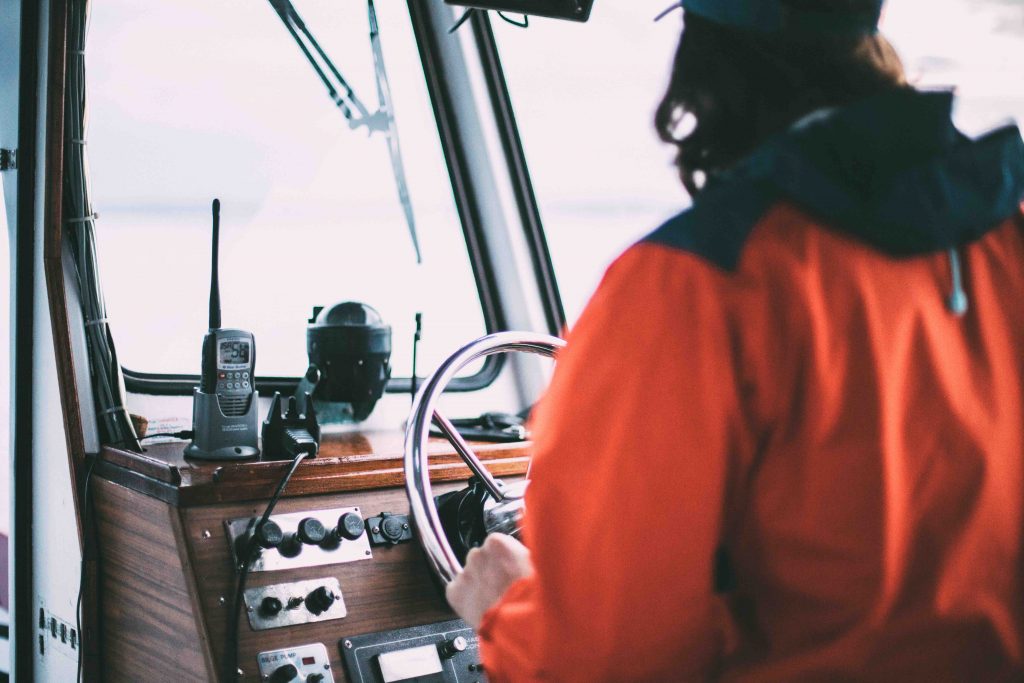
In 2005, the United Nations Office of Drug Crimes estimated that the size of the global illegal drug market was $36 trillion in 2003. It further estimated that the United States alone had an illegal drug market worth $321 billion in 2003. Because these activities are illegal and occur outside the normal places to do business, maritime routes become important.
Because maritime routes are often the path of least resistance when trafficking illegal drugs, maritime law will often intersect with drug trafficking.
Crime and Punishment
Many countries around the world have a zero tolerance policy toward drug traffickers. In 2004, authorities in Singapore arrested a 25-year-old Australian man for smuggling drugs into the country. The man was hanged in 2005. Other countries have punishment like flogging and long periods of incarceration. These locales use excessively harsh penalties as a deterrent against drug trafficking.
In turn, the cost of purchasing illegal drugs in these locales is high due to the extreme risk in bringing in those substances. This contributes to both the exorbitant costs and the use of maritime routes to smuggle in the drugs. Maritime routes tend to be policed much less, so trafficking along the water seems to be a preferred option.
Enforcement
Because the drug trade is outside of the law, enforcement occurs outside the law, as well. That is to say, when procuring money for the sale of drugs, the dealer expects to get the full amount. If the dealer does not get the full amount, the dealer is not going to the police to report the incomplete sale. Instead, the dealer must resort to his or her own enforcement methods. This means that the dealer has access to guns or people with guns. Things can turn violent. To get the guns into the locale, the maritime route may also be the best option for the dealers.
Global Coordination
The drug trade, though working in the shadows, is spread all across the globe. There are growers who produce the drugs; people who process the drugs into a substance that is digestible and then package that substance; there are people who act as go betweens who pay the producers and then involve themselves in the shipment of the product. They clandestinely move large amounts of illegal substances between countries. They are tasked with bringing the packaged drugs to various ports, loading it on a ship, and sending it to a dealer at a different destination.
Once the ship reaches its destination, the dealer or a middle man will unpack the ship and disburse it to his or her clients. As before, enforcement of proper inventory shipment is the responsibility of the middle man or dealer. The police will not be involved if the dealer believes that he or she was short changed in the shipment.
The question of law enforcement is often applicable when a ship is caught en route. That is, who is the proper prosecuting country in such an instance? There may be people from numerous jurisdictions involved in the transport. A later article will explain further.
Involved in the maritime trade? Contact the Kolodny law firm, experienced maritime attorneys.
(image courtesy of Garrett Parker)

